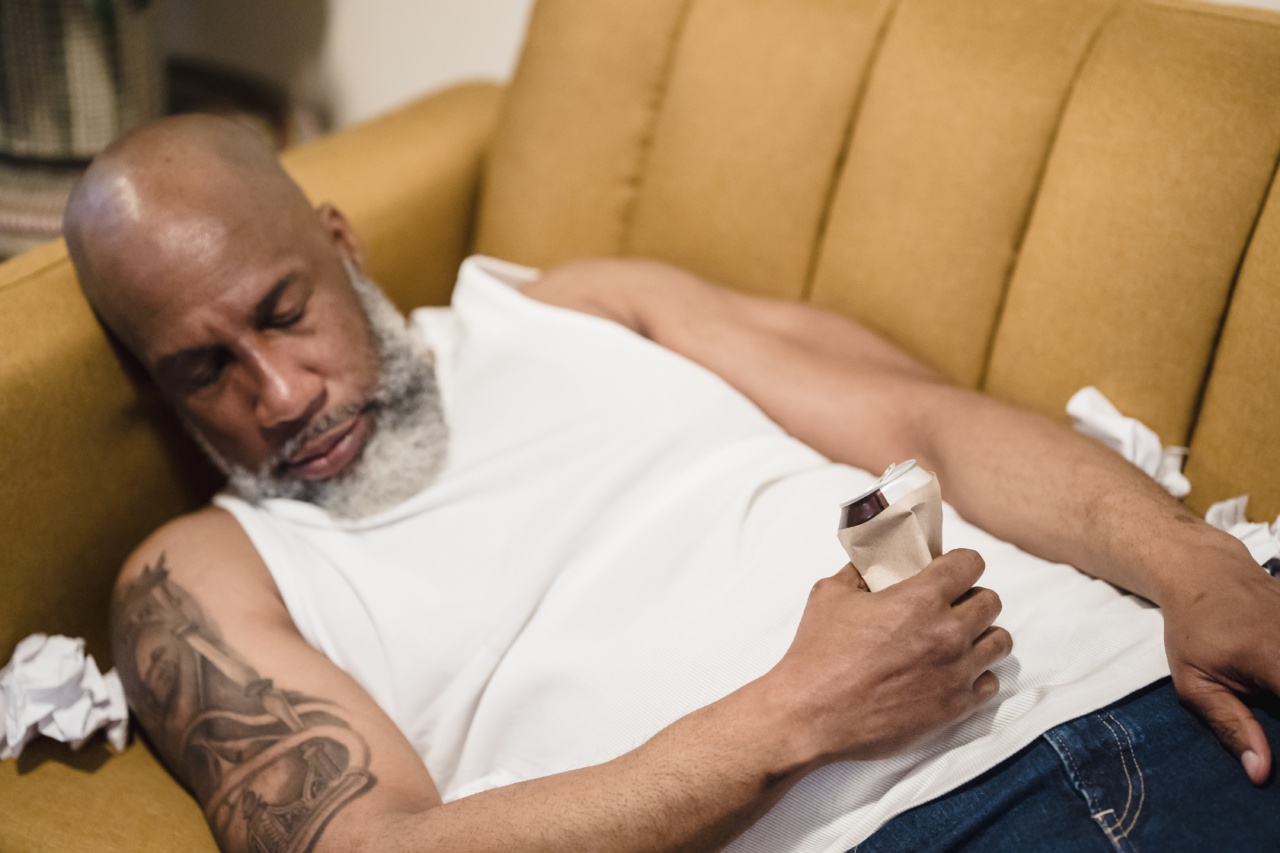Sleep is an essential part of human life that allows the body to recover and regenerate from the day’s activities.
However, in today’s fast-paced world, many people tend to take sleep as a secondary activity and instead focus on work or other activities, leading to sleep deprivation. Sleep deprivation can cause numerous issues, including weight gain, bad moods, physical injuries, and chronic pain. In this article, we’ll discuss the impact of sleep loss on pain and the body, and how to combat it.
The Relationship between Sleep Loss and Pain
Sleep deprivation is known to impede the body’s natural pain-relieving mechanisms. During sleep, the body releases hormones such as growth hormone that fortify tissues and heal the body.
Lack of sleep also causes the body to produce higher levels of stress hormones such as cortisol that increase inflammation and pain sensitivity. This reaction leads to chronic physical pain, including headaches, back pain, and joint pain.
Furthermore, sleep loss increases the risk of developing chronic pain conditions, such as fibromyalgia, neuropathic pain, and widespread musculoskeletal pain.
Sleep also provides the body with adequate time to recharge, thereby combating inflammation and reducing the body’s sensitivity to pain. When the body lacks sleep, pain, inflammation, and sensitivity increase, leading to pain amplification, and excessive pain perception.
The Effects of Sleep Deprivation on the Body
Sleep deprivation effects on the body vary from weight gain, migraines, and emotional instability to cognitive impairment. The effects of sleep loss include:.
Weight Gain
People who deprive themselves of sleep tend to snack more during the night and overeat during the day, increasing their chances of gaining weight.
When the body doesn’t get enough rest, it produces more ghrelin, a hormone inducing hunger, and less leptin, a hormone associated with satiety. This hormonal imbalance creates intense cravings for high-calorie and carbohydrate-rich foods that lead to overeating and weight gain.
Additionally, sleep deprivation makes it difficult for the body to process insulin, leading to obesity, diabetes, and metabolic disorders.
Chronic Pain
Sleep deprivation has long been associated with chronic pain, including back pain, chronic pain syndrome, and fibromyalgia. Sleep helps the body regenerate tissues, reduce inflammation, and alleviate pain.
A lack of sleep increases stress and inflammation, triggering the body to produce more stress hormones and elevating pain levels.
Migraines and Headaches
Sleep deprivation can trigger migraines and headaches due to increased tension in the muscles. Lack of sleep can also lead to an increase in sensitivity to light and sounds, which contribute to the onset of migraines and headaches.
Sleeping in a quiet, dark room can help combat migraines and headaches.
Mood Disorders
Emotional instability is a common side effect of sleep deprivation. People who don’t get enough sleep may experience mood swings, irritability, and anxiety.
Lack of sleep can also lead to depression, which makes falling asleep more challenging, resulting in a vicious cycle.
Cognitive Impairment
Sleep deprivation impairs cognitive function, making it challenging to concentrate, focus, learn, and solve problems.
Sleep is crucial for the brain’s functioning and development, as it flushes out toxins and replenishes neurons, improving cognitive performance.
How to Combat the Effects of Sleep Deprivation
To combat the effects of sleep deprivation, it’s essential to prioritize sleep. Here are some tips for improving the quality of your sleep:.
Stick to a Schedule
Sleep schedules help train your body to sleep and wake up at the same time every day, helping regulate your circadian rhythm. Ensure you’re getting at least seven to eight hours of sleep every night.
Create a Calming Bedtime Routine
Disconnect from screens at least an hour before bed and engage in calming activities like reading or meditation. Turn off notifications and dim the lights to create a peaceful sleep environment.
Exercise Regularly
Physical activity can improve sleep quality by reducing stress and anxiety, promoting relaxation and improving mood. However, you should avoid working out right before bed as it can interfere with sleep.
Relax Before Bedtime
A warm bath, a soothing cup of chamomile tea, or using relaxing scents like lavender oil can help calm your mind and body, promoting sleep.
Upgrade Your Mattress and Pillows
A comfortable and supportive mattress and pillow can help improve sleep quality by reducing pain and discomfort. Upgrade your bedding to create a comfortable sleeping environment.
Avoid Caffeine and Alcohol
Caffeine is a stimulant, while alcohol is a depressant, both of which can interfere with sleep. Avoid consuming caffeine after mid-day and avoid drinking alcohol before bedtime.
Ensure A Comfortable Sleep Environment
Ensure you have a comfortable sleep environment that is quiet, dark, and cool. Invest in good blackout curtains, earplugs and a fan or air conditioner to create a relaxing sleep environment.
Consult Your Doctor
If you’re still having trouble sleeping, you should seek a doctor’s help for a sleep disorder evaluation or a sleep study to determine if there are underlying conditions contributing to your sleep problems.
Conclusion
Lack of sleep has numerous negative effects on our bodies, including chronic pain. It’s essential to make sleep a priority, prioritize rest, and follow good sleep hygiene practices to promote the natural healing and regenerative processes in your body.
Taking care of your sleep needs can improve pain perception levels and decrease inflammation, facilitating healing and balance, and ultimately contribute to better overall health on all fronts.































